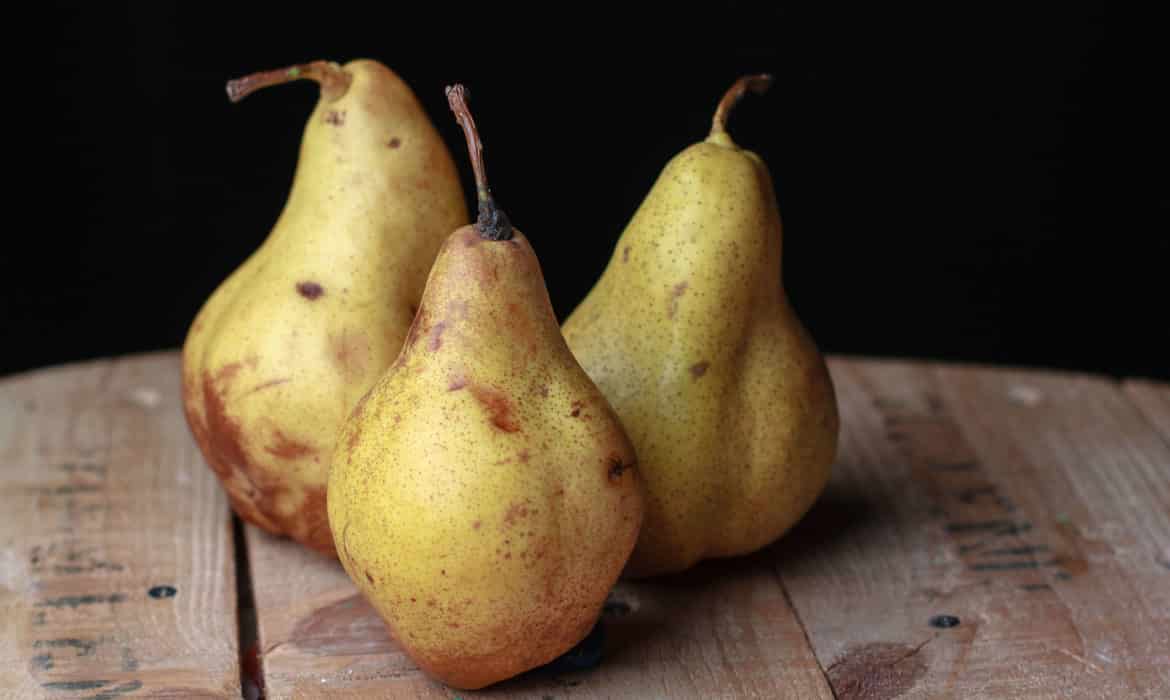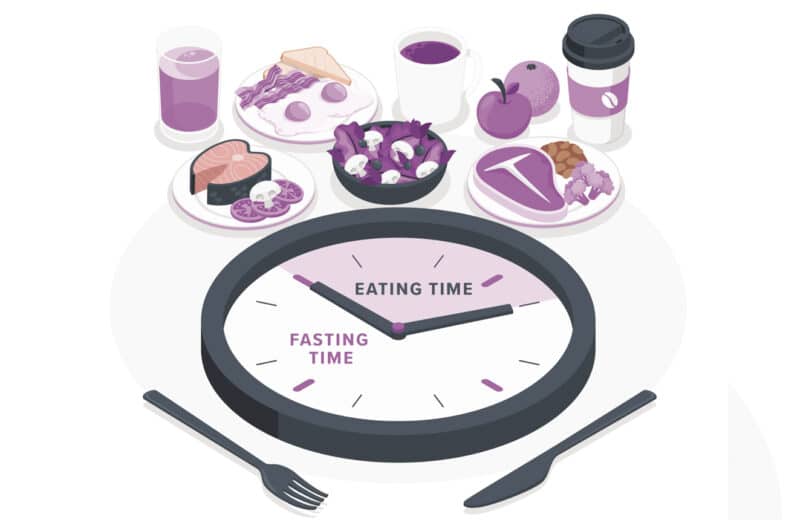If you only think about pears during the holidays when a bunch of them arrive in the mail in a holiday gift basket, you’re missing out. Pears have been enjoyed for centuries for all of their juicy deliciousness. Considering that more than 3,000 varieties are grown worldwide, there’s a pear for every palate — from soft and sweet to crisp and juicy.
Pears have more going for them than the way they taste. This fruit also offers serious nutritional benefits. Pears may help with weight management, improve digestion, reduce the risk for type 2 diabetes and much more.
Pears are packed with nutrients.
A medium pear is a good source of vitamin C; this fruit also packs in some potassium, vitamin K, copper, magnesium and B vitamins, according to the USDA nutrient database. They are an excellent source of fiber, too, which helps keep your gastrointestinal system regular.
They may lower your risk for Type 2 diabetes.
Both apples and pears are thought to be particularly helpful at reducing diabetes risk because of their high fiber content, which is known to help keep blood sugar levels down. One recent study bears this out, finding an 18% reduction in risk for type 2 diabetes among people who reported eating the most apples and pears versus individuals who ate the least. For every pear (or apple) subjects consumed per week, the risk for diabetes was reduced by about 3%, according to the study.
Pears provide beneficial phytonutrients.
Pears, especially those with colorful skins, provide phytonutrients, or natural plant chemicals, like flavonoids. These compounds are known to help keep inflammation low by neutralizing free radicals, which can cause cell damage that in turn can lead to chronic disease such as heart disease and cancer. Free radicals are also linked to premature aging.
They help with weight management.
A medium pear has just 100 calories. And that high level of fiber mentioned earlier? All that fiber helps satiate your appetite so you feel satisfied longer. Here’s the research: In a 12-week study, women were divided into three groups. One group added three apples to their daily diet, a second group added three pears, and the third group added three low-fat oat cookies. The study found that the women who consumed apples or pears lost nearly 2 pounds in 12 weeks — without making other diet changes.
They’re easy to add to meals.
Pears can be enjoyed in myriad ways — from breakfast to dessert — making it super simple to score their nutritional benefits without a lot of prep work or cooking time. Try pear parfaits or sliced pears in your cereal for breakfast; at lunch, cut one up into a salad or have it with a turkey or cheese sandwich.
For dinner they can be baked, roasted or added to stir-fries. And of course, they make the perfect portable snack. Try sliced pears with nut butter or a pear with Brie. For dessert, nothing hits the spot like a pear crumble or pear tart. Yum!












